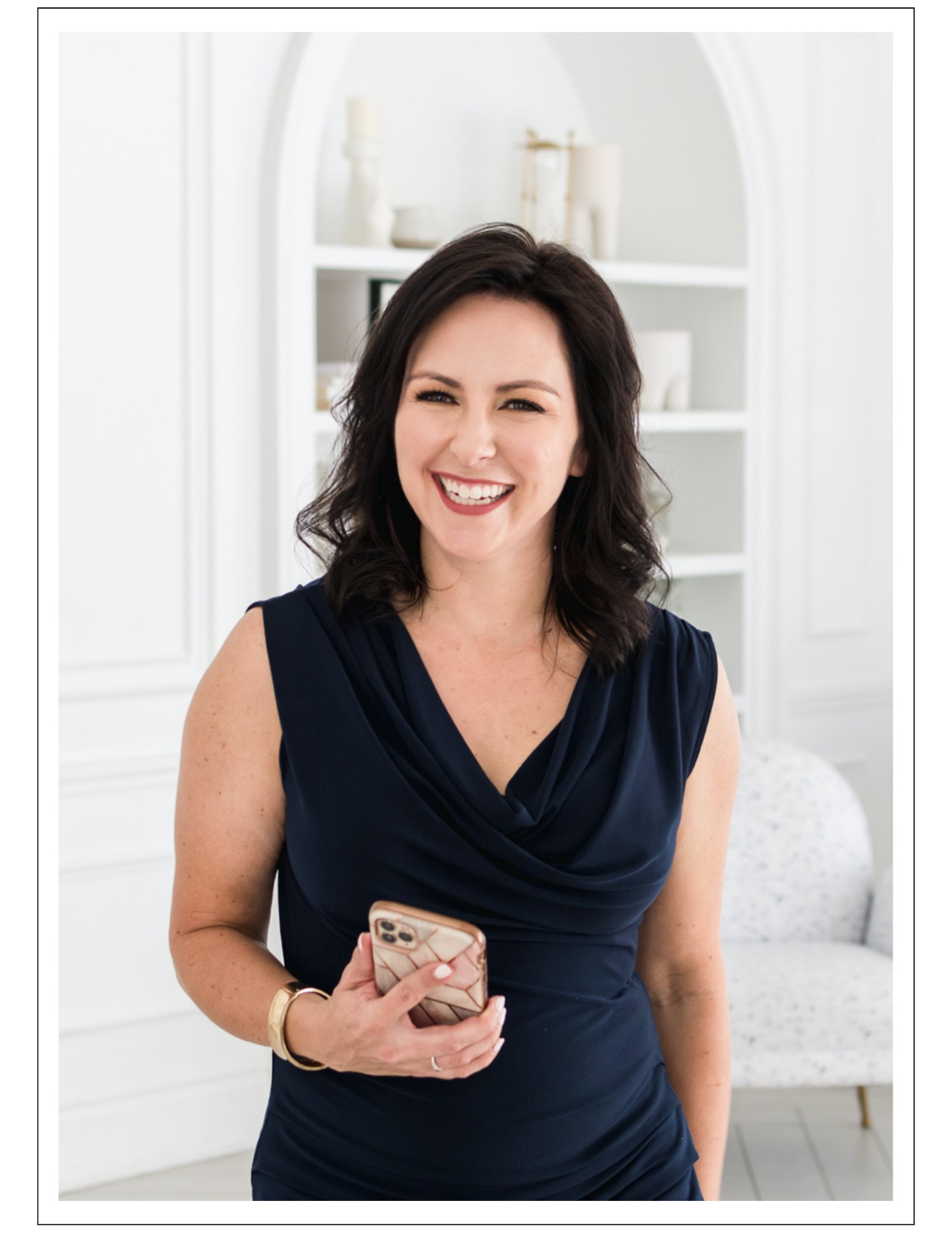Can you think your way to wealth? 5 ways to overcome scarcity mindset.
Oct 28, 2019
Have you ever said, “I can’t afford it”, or “I save, but I can’t seem to get ahead”? Do you ever find yourself living paycheque to paycheque, or spending everything the moment you get paid? Perhaps you stay in the job you hate because you fear the loss of a steady paycheque.
Scarcity mindset is a way of thinking that keeps the mind focused on what you lack, rather than what you have. When this belief is translated towards your attitude with money, the fear of not having enough prevents you from ever building meaningful wealth.
In the book titled Scarcity, Mullainathan & Elder (2013) explains that when money is scarce, the mind lacks clarity about what is important and poor decisions are made. Simply put, the mind works differently when it feels it lacks money. The focus in life turns to what is needed to survive, rather than what opportunities may lay ahead, and anxiety over this “lack of” sucks brainpower. Their research proved that a person preoccupied with lack of money concerns had a lower IQ of about 13 points, the same as a loss of a night of sleep.
Financial wellness addresses the issues that many people suffer from when it comes to money. How you were raised to think about it, spend it, save it, and even invest it can impact generations within a family. Scarcity mindset is a cycle that is reinforced as time goes on if circumstances don’t ever change.
How to shift your mindset
- Reframe your internal conversation. This means stopping the dialogue and re-stating your terms. For example, when you say, “I can’t afford it”, try “I don’t need this right now”. Focus on what you do have in your life, rather than what you don’t have. If it’s a large ticket item, create a money goal and set up a plan to reach that goal by a specified date.
- Reevaluate your goals and values in life. Take a moment to reflect on what you want in your life. How can you achieve those goals? It may take time, dedication, and hard work, but a shift in your thinking today can create amazing opportunities for your future. Find a moment to write your goals and select the top three that you think would have the biggest impact in your life. List the resources you would need to achieve these goals, including time, money, and effort. Take one small step each day that will help you reach these goals and come back to this list often.
- Spend money with intention. Think about how spending money on something of value can help you achieve the goals and vision you have for your future self and earning potential. Education is a perfect example. If you aspire to go from waitress to head chef, you will only get there through learning the craft and acquiring the skills and education. Education grants and student loans can help you reach those goals and remember – as a head chef, your income will have increased, making the repayment of the loan more manageable.
- Tidy up. Marie Kondo is famously known for the art of tidying up. Her process involves systematically gathering and discarding items that no longer bring you joy. Hoarding is an issue often associated with people living in scarcity mindset, because they fear they may never be able to afford to buy it again. This process is very similar to the art of intentional spending. When you remove what no longer serves you, you clear space not only in your house, but in your mind. This process reinforces how many “things” you may already have, and help you see the difference between what you “need” versus what you “want”.
- Focus on what you have and be grateful. Look around you and acknowledge the abundance that surrounds you. Avoid comparing yourself to others, as it can lead to jealousy and entice you to spend more than what you have, creating further debt. When you appreciate your friends and what you have in your life right now, you induce the abundance mindset.
The abundance mindset can help you achieve growth by changing the ongoing narrative or “talking script” you have with yourself to reduce or eliminate the scarcity mindset. As Sir John Templeton said, “An attitude of gratitude creates blessings.” It is possible that when you adjust your mindset, you can create change in your life – and income opportunities – that serve you better.
Stephanie Wolfe is an Accredited Financial Counselor of Canada (AFCC) and the Founder and CEO of Wolfe Collective Wealth Inc. She is a passionate advocate of financial wellness and empowering women to take control of their wealth. She resides in Toronto with her husband and three children.



